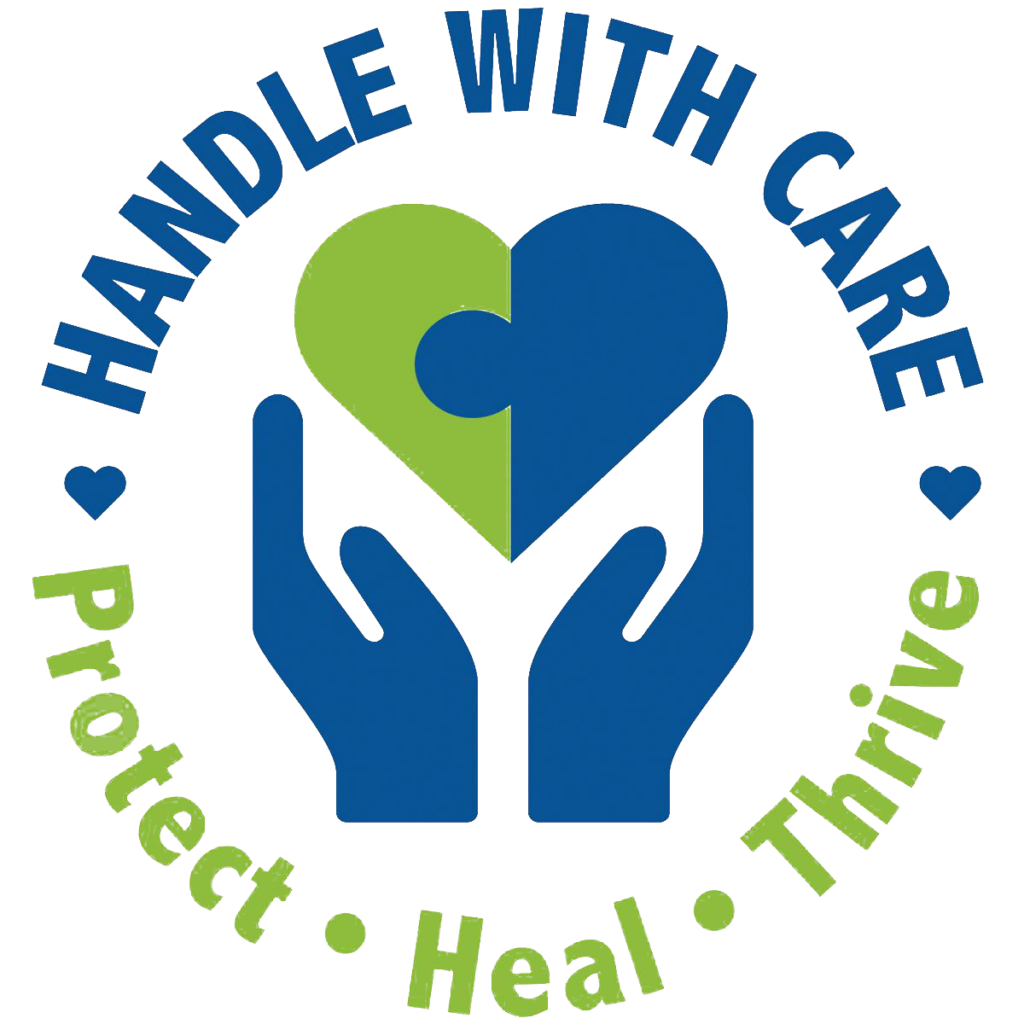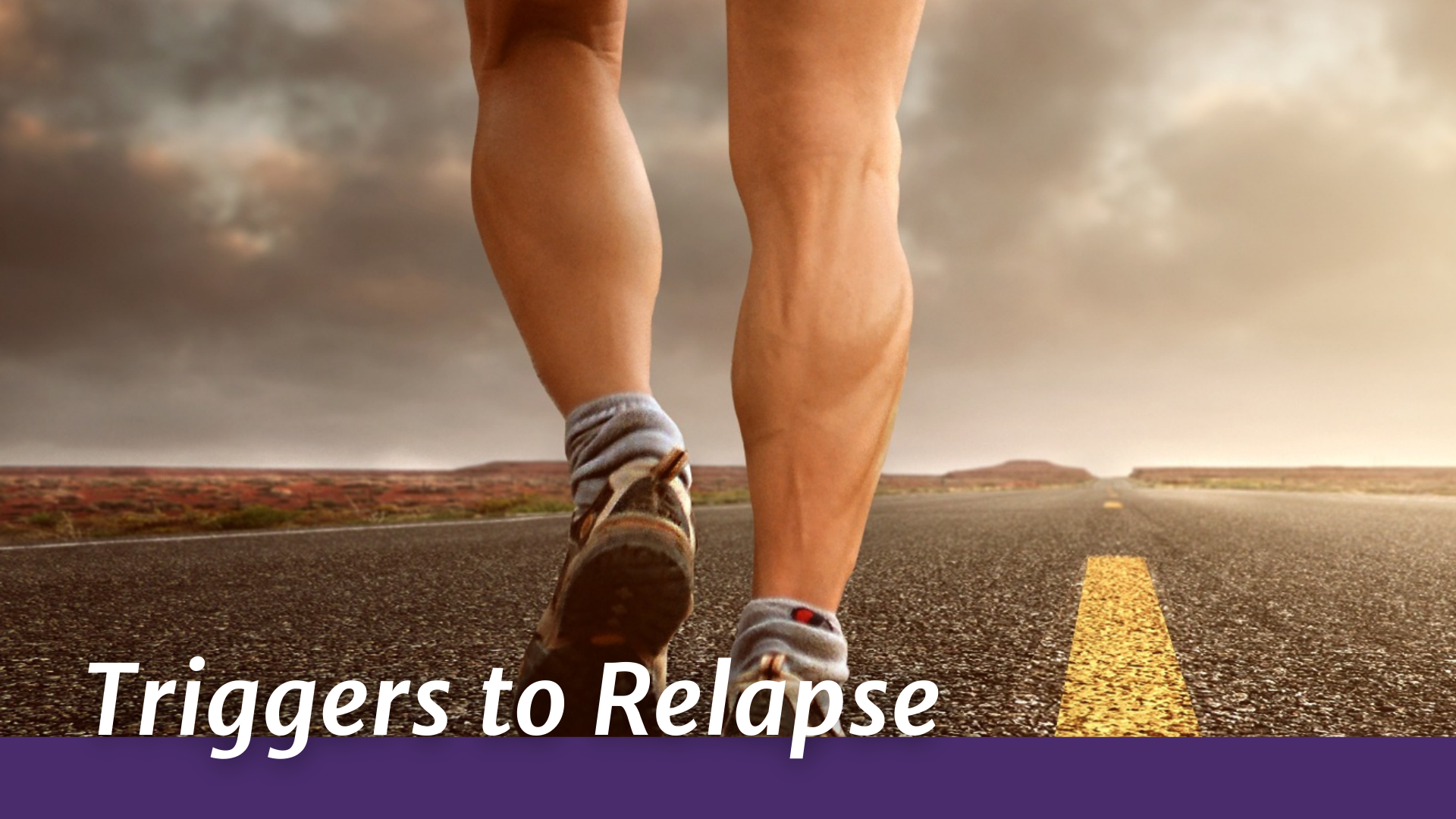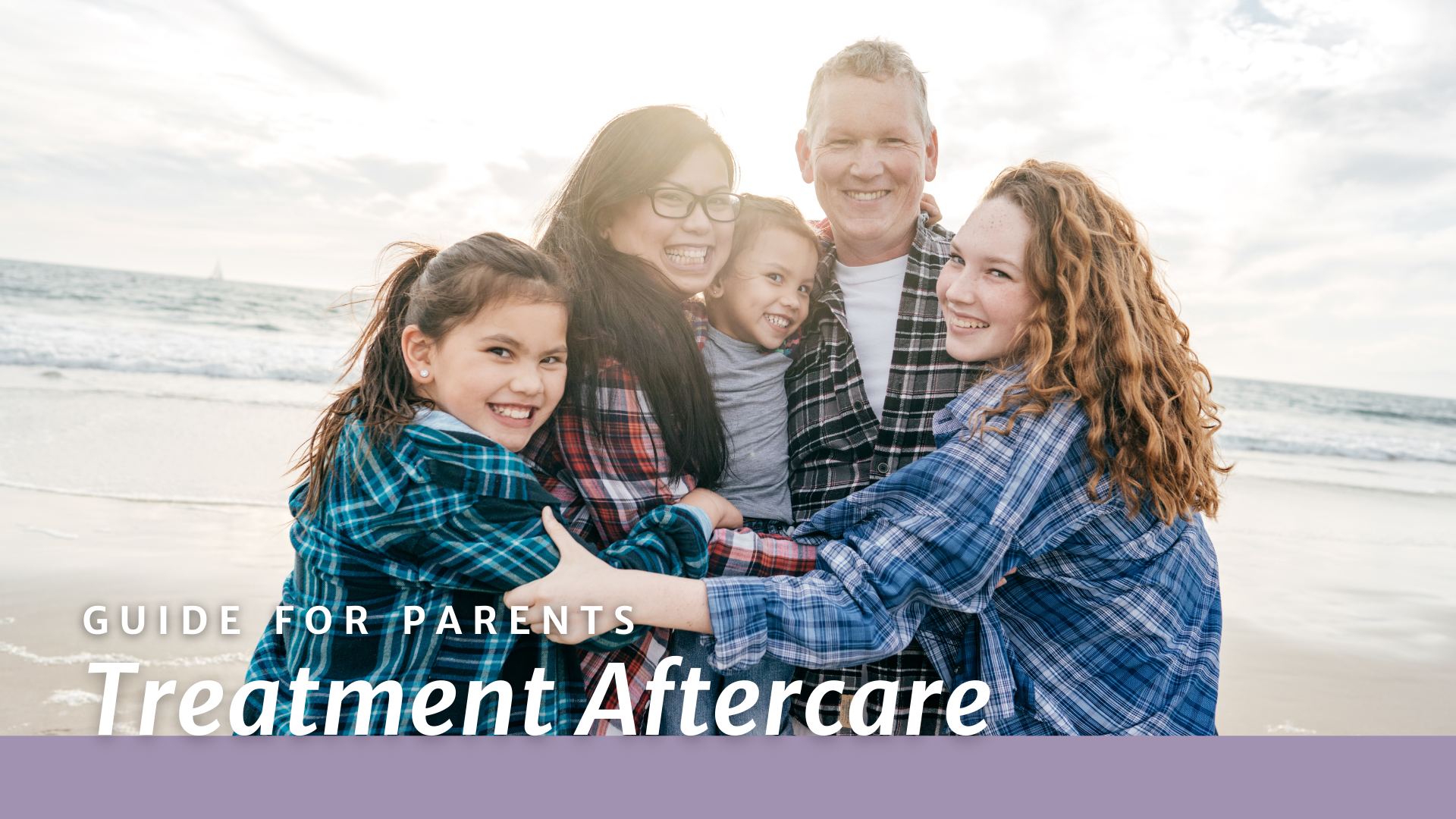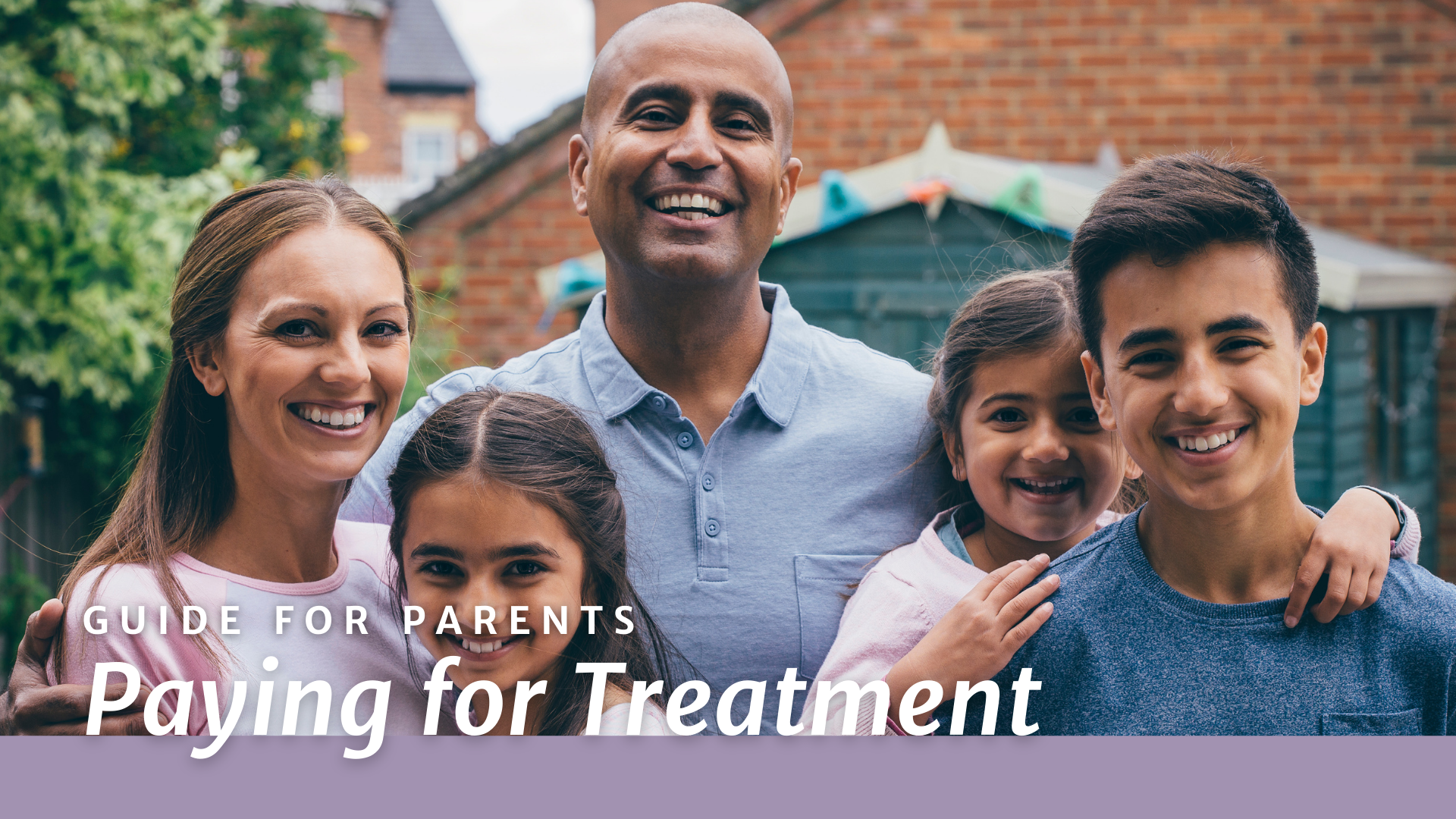Substance misuse and the treatments available are not a one-size-fits all nor a one-and-done process. There are multiple steps in the process that build resiliency and recovery over time, one person at a time. Hope and help are available!
Continuum of Care
Continuum of Care refers to the full spectrum of services necessary to address substance use disorders, from prevention through treatment and recovery to relapse prevention as created by the National Research Council – Mental Health Intervention Spectrum (including Substance Abuse) IOM Continuum of Care.

.
Prevention and Early Intervention

In 2017, 7% of people in the United States had a substance use disorder—translating to almost 20 million individuals aged 12 or older
- The reasons for alcohol and other drug use vary from person to person, but most people with substance use disorders start their use as adolescents.
- In 2018, more than 40% of high schoolers had used alcohol, with more than one quarter of 10th graders and almost half of 12th graders reporting being drunk at some point in their lifetimes. That same year, almost half of 12th graders and one-third of 8th, 10th, and 12th graders reported having used illicit drugs at some point.
- Adolescents who initiate substance use do so for a number of reasons—to fit in, feel good, feel better, do better, and feel different.
- Since the human brain is in a critical stage of development during adolescence, drug and alcohol misuse poses severe developmental threats, as well as a high risk for addiction later in life.
- This period is a time of experimentation and many youth will discontinue or appropriately manage use of alcohol and other drugs on their own. However, for some adolescents, the initial experimentation will give way to problematic substance use, including development of a substance use disorder. The chances of developing a substance use disorder are higher for adolescents who start their use at an early age. With every year that use is delayed in adolescence, the chances of developing an addiction issue decrease.
It is important to prevent problem substance use early to avoid long-term risks. Adolescent substance use corresponds to increased juvenile justice involvement as well as poor school performance and lower graduation rates.11 Substance use leads adolescents, whose ability to exercise judgment is not yet fully formed, to engage in increased risky behavior and injury. Further, there is a correlation between adolescent substance use and physical and mental health problems, behavioral disturbances, and adjustment problems in work, school, and home as well as learning problems and reduced brain functions.
Only 10% of adolescents who need substance abuse treatment services ever receive treatment. Because the onset of substance use problems usually occurs during adolescence, screening and intervening with young people under the age of 18 is critical. Proper early intervention may significantly reduce the likelihood of addiction later in life and can help stave off the behavioral, physical, and developmental dangers of early use.
Prevention as a Universal Public Health Approach

Historically, treatment interventions have been reserved for people who meet the full criteria for substance use disorders.28 In recent years, healthcare providers have begun embracing a universal public health approach to substance use, shifting the focus from treating crisis to screening, monitoring, and providing early intervention services to those who are using substances at risky levels or at risk of developing problems.
A universal prevention framework also helps to broaden how target populations are defined and reached. While prevention and early intervention are typically thought of as responses for low to moderate use, adolescents who have entered substance use treatment and are seeking recovery may also benefit from relapse prevention strategies, some of which are not entirely distinct from primary prevention approaches. Thus, providers seeking to approach prevention, early/brief intervention, treatment, and recovery supports from a universal public health approach should be aware of and prepared for working with all young people, including those in recovery. Prevention strategies may hold great promise for this population, as they also seek to develop the pro-social, environmental, and personal support needed to maintain recovery and prevent a recurrence of use.
Health Promotion and Prevention is targeted to the general public or a whole population and can include awareness, education, healthcare promotion, and enhance an individual’s competence along with a positive sense of self-esteem, mastery, well-being, and social inclusion to promote resilience.
Prevention Intervention Designations
- Universal Prevention is targeted to the general public or whole community that has not been identified on the basis of risk and is desirable for everyone in that group.
- Selected Prevention is targeted to individuals or subgroups whose risk is higher than average due to biological, psychological, or social factors.
- Indicated Prevention is for high-risk individuals who are identified as having predisposition and/or markers for mental health and/or substance misuse tendencies.
Treatment Options
SBIRT

(Screening, Brief Intervention, and Referral to Treatment) is an approach to the delivery of early intervention and treatment to people with substance use disorders and those at risk of developing these disorders. The screening is Universal and based on the responses, those individuals who screen at higher risk will be invited to a brief intervention as a Indicated approach. If the individual needs a higher level of care after the brief intervention, they are then referred to a treatment provider.
- Screening quickly assesses the severity of substance use and identifies the appropriate level of treatment.
- Brief intervention focuses on increasing insight and awareness regarding substance use and motivation toward behavioral change.
- Referral to treatment provides those identified as needing more extensive treatment with access to specialty care.
Further Reading
Groups and Mentoring

Twelve-step facilitation therapy (“12-step programs”) can be used to treat alcohol and substance abuse. It is a form of group therapy that includes recognition that addiction has several negative consequences that can be social, emotional, spiritual and physical. This type of therapy begins with acceptance, then moves on to surrender to a higher power, then eventually transitions to involvement in consistent group meetings. Programs like:
- Alcoholics Anonymous
- Narcotics Anonymous
- SMART Recovery
- Al-Anon
- Alateen
- Nar-Anon
- Parent Support Groups (Parent Connect, others)
Celebrate Recovery
Celebrate Recovery is a Christ-centered, 12 step recovery program for anyone struggling with hurt, hang up or habit of any kind. Celebrate Recovery is a safe place to find community and freedom from the issues that are controlling our life.
Therapy
Detoxification
Medically assisted detoxification allows a person to rid the body of addictive substances in a safe environment using medications and oversight. Sometimes substance withdrawal can cause unpleasant or even life-threatening physical symptoms that can be addressed in this manner. Detox does not treat the underlying behavioral causes of the addiction and is typically used in combination with other therapies.
Further reading
Outpatient Treatment Facilities
“Click Here” for a listing of outpatient treatment facilities in your community. If you know of a center that is not listed please let us know so that we may add to our list.
Inpatient Treatment Facilities
“Click Here” for a listing of inpatient treatment facilities in your community. If you know of a center that is not listed please let us know so that we may add to our list.
Faith Based Support Groups
“Click Here” for a listing of faith based support groups in your community. If you know of a center that is not listed please let us know so that we may add to our list.






